German Huell Melon Hop Pellets 1 oz
Brand : YCH Hops
- SKU:
- 2014A
- UPC:
- 840672100789
- Shipping:
- Calculated at Checkout

Introducing our German Huell Melon Hop Pellets 1 oz., a unique ingredient that hails straight from the Hop Research Institute in Hull, Germany. Released in 2012, these hop pellets are a proud descendant of the Cascade variety, carrying a legacy of quality and flavor.
With an alpha acid specification of 6.9 - 7.5% and a beta acid specification of 7.3 - 7.9%, these hop pellets pack a punch. But don't let the numbers intimidate you. The cohumulone content ranges from 25 - 30%, ensuring a balanced bitterness that complements rather than overpowers your brew.
Now, let's talk flavor. The German Huell Melon Hop Pellets are not your average hops. They boast distinct fruit characteristics that will make your brew stand out. Imagine the sweet, refreshing taste of honeydew melon, combined with the tangy kick of ripe strawberries. That's the flavor profile you're working with when you add these hop pellets to your beer.
But here's the fun part: you can play around with the flavor! Depending on when you add these hop pellets during the boil, you can manipulate the flavors they impart. Add them early in the boil, and you'll get more of that balanced bitterness. Add them later, and you'll get more of those fruity aromas and flavors. It's all about what you want your beer to be.
So, are you ready to take your home brewing to the next level? With our German Huell Melon Hop Pellets, you're not just making beer. You're crafting a unique flavor experience that's all your own. So go ahead, add them to your cart, and let's start brewing!
Alpha Acid 6.9 - 7.5%
Beta Acid 7.3 - 7.9%
Cohumulone 25 - 30%
OTHER PRODUCTS YOU MIGHT NEED
Your yeast selection has a big impact on your overall flavor profile and mouthfeel. You have lots of choices that will work well with German Huell Melon Hop Pellets.
If you are purchasing German Huell Melon Hop Pellets, you're getting ready to make beer and need to wash your equipment.
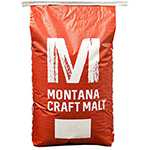 Grains and Malt Extracts
Grains and Malt Extracts
If you need hops, you probably also need grains or malt extracts.
The pot pictured is an 8 gallon pot that is perfect for a beer kit or a standard 5 gallon batch.
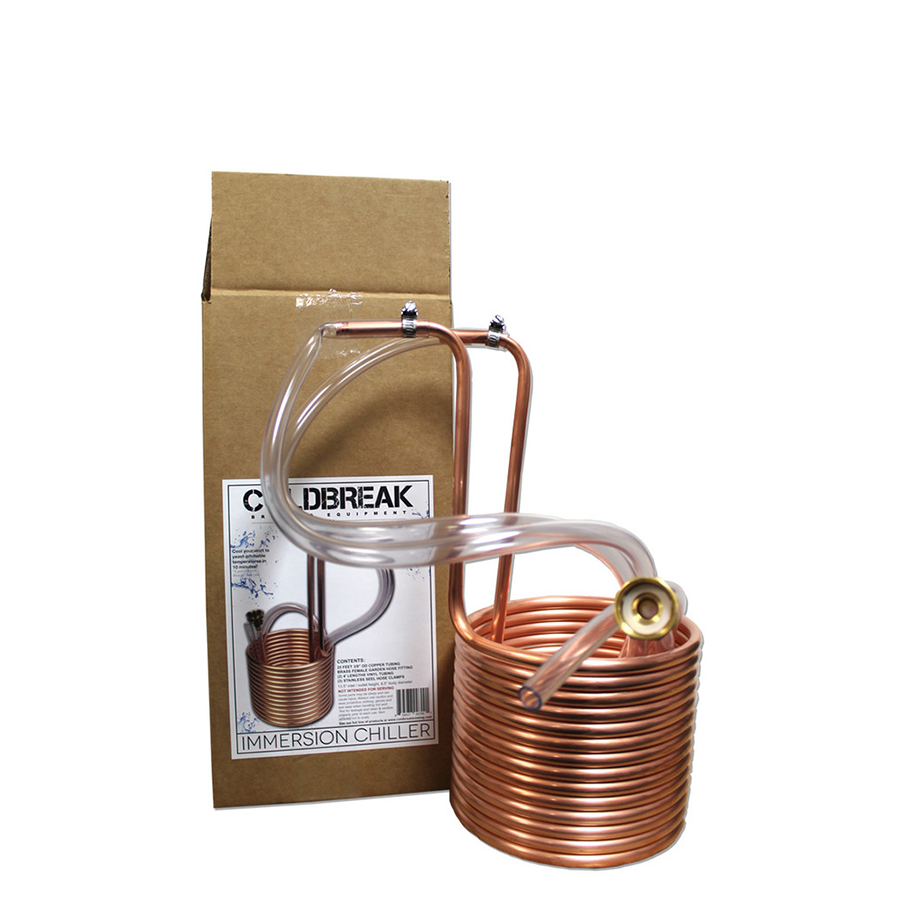 Wort Chillers and Thermometers
Wort Chillers and Thermometers
Wort Chillers and Thermometers are long term investments. It is important to chill your wort quickly. The quicker you chill it the stronger the cold break will be. You also need a good thermometer because high powered boiling changes more rapid temperature fluctuations.
Auto-siphons are a great luxury item to have in your brew equipment. Once you have one you will never go without one again. Don't forget to use a heavy duty sanitizer to clean it since you don't want to replace it as often as hoses. A good sanitizer for that job is Five Star San.
If you are using German Huell Melon Hop Pellets, you are getting ready to ferment some beer. Here's a link to our fermenter equipment.
Many people reuse their hoses for far too long. Replacing your hoses often or even using as single use items is highly recommended with beer making.
Pouring your wort into a carboy can be tricky. Use a big funnel made just for the job. They even have different mesh screens to remove particles.
All that healthy yeast is going to make a lot of gas and you'll be needing an airlock to let it out, and not let anything in. It is recommended to replace airlocks often. Because they never physically touch the beer, the sanitation risk is too often overlooked. Bacteria can spread without physical contact in a closed environment and plastic stubbornly harbors bacteria.
Making a yeast starter is a great way to avoid stuck fermentation and also get high yeast counts that allow the final cells to clean up after themselves, reducing off flavors and aromas. Higher populations means less yeast stress and less risk of off-flavors. They help make better beer and can be used with German Huell Melon Hop Pellets. Use the right equipment to make the job easy. Flask, Foam Stopper, and Airlock.

DID YOU KNOW
Hopped beer was first brought to Britain from Holland around 1400, but as late as 1519, hops were still criticized as a "harmful and dangerous plant".

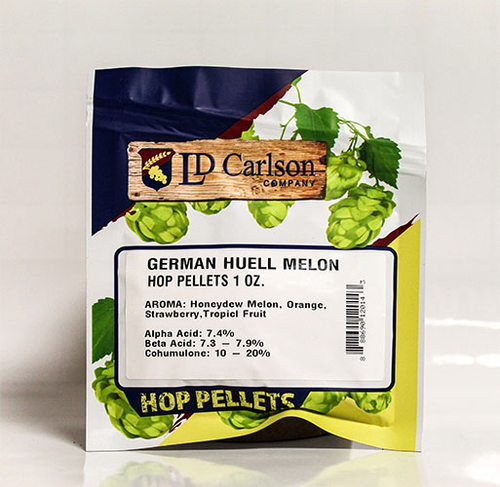






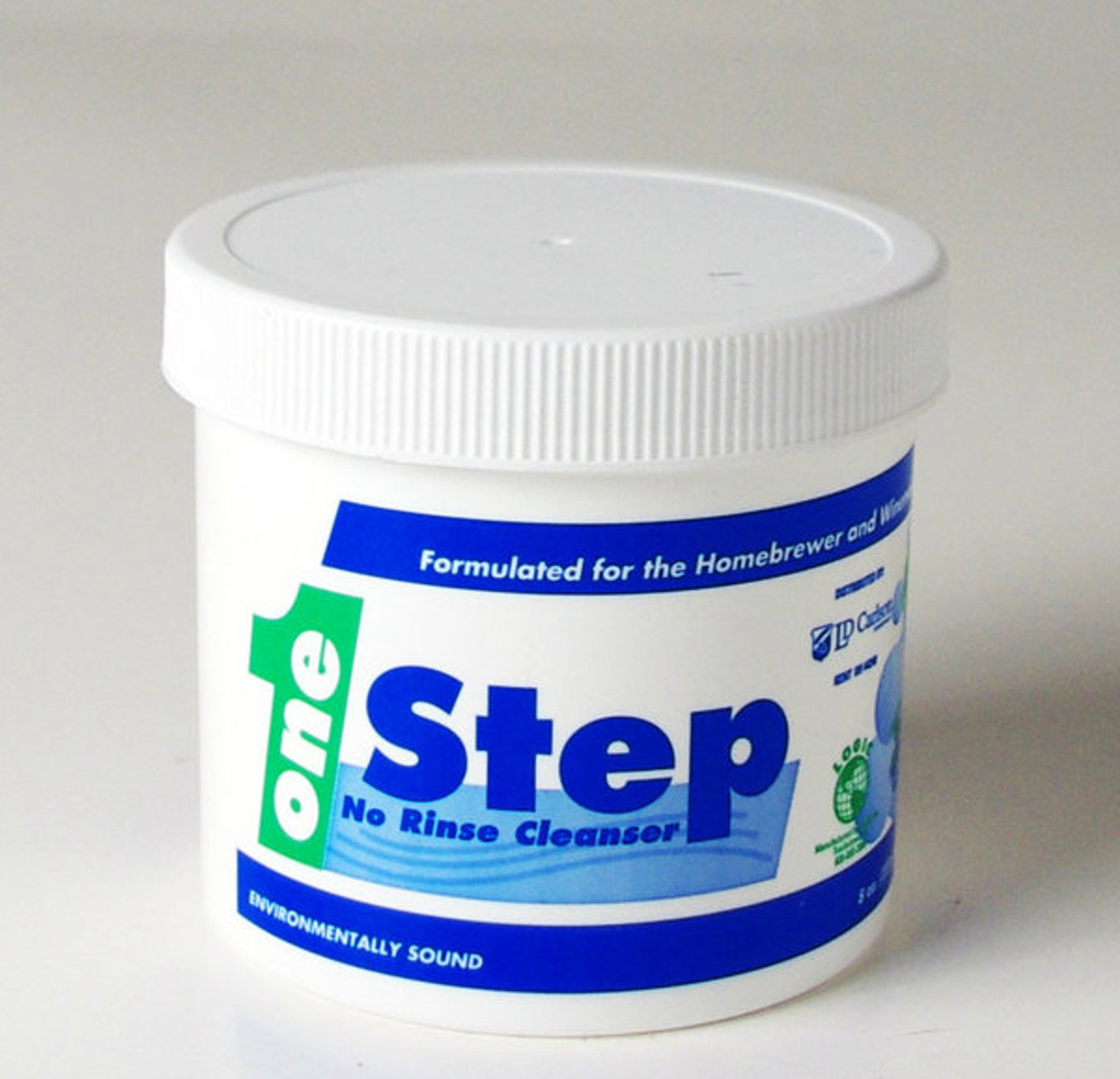
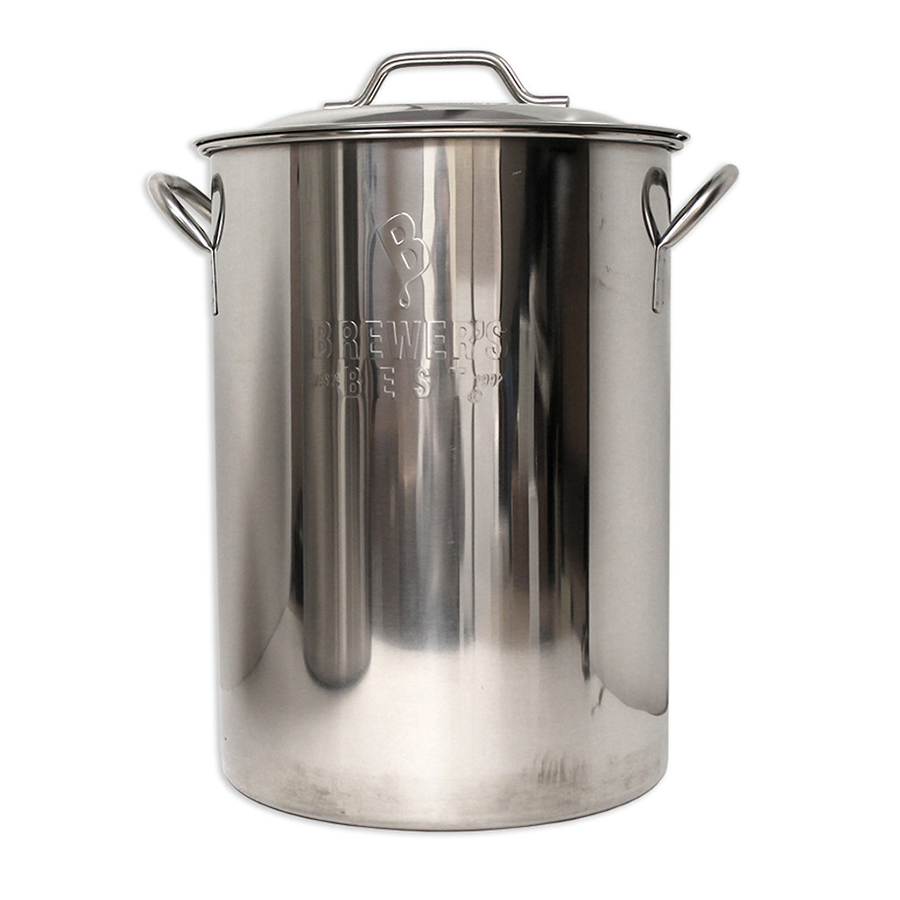 Brew Pots
Brew Pots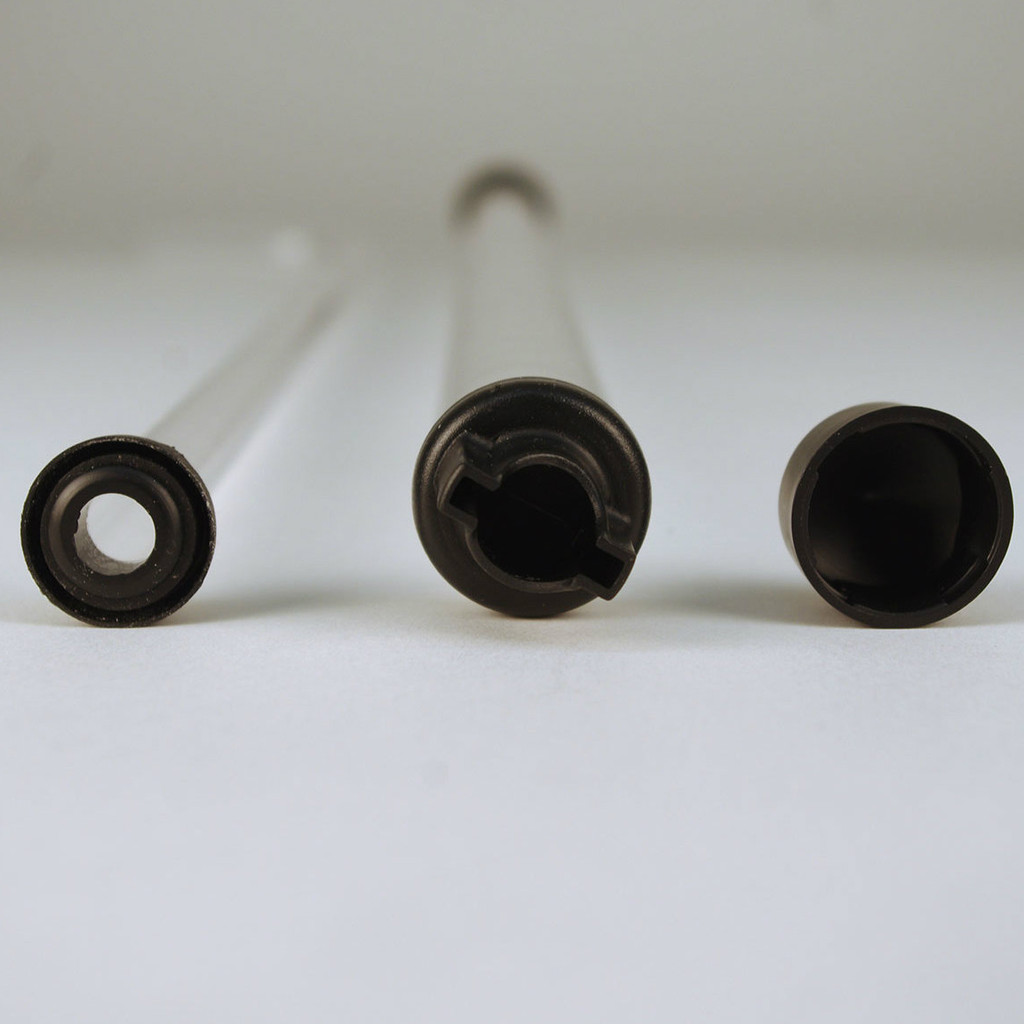 Siphons
Siphons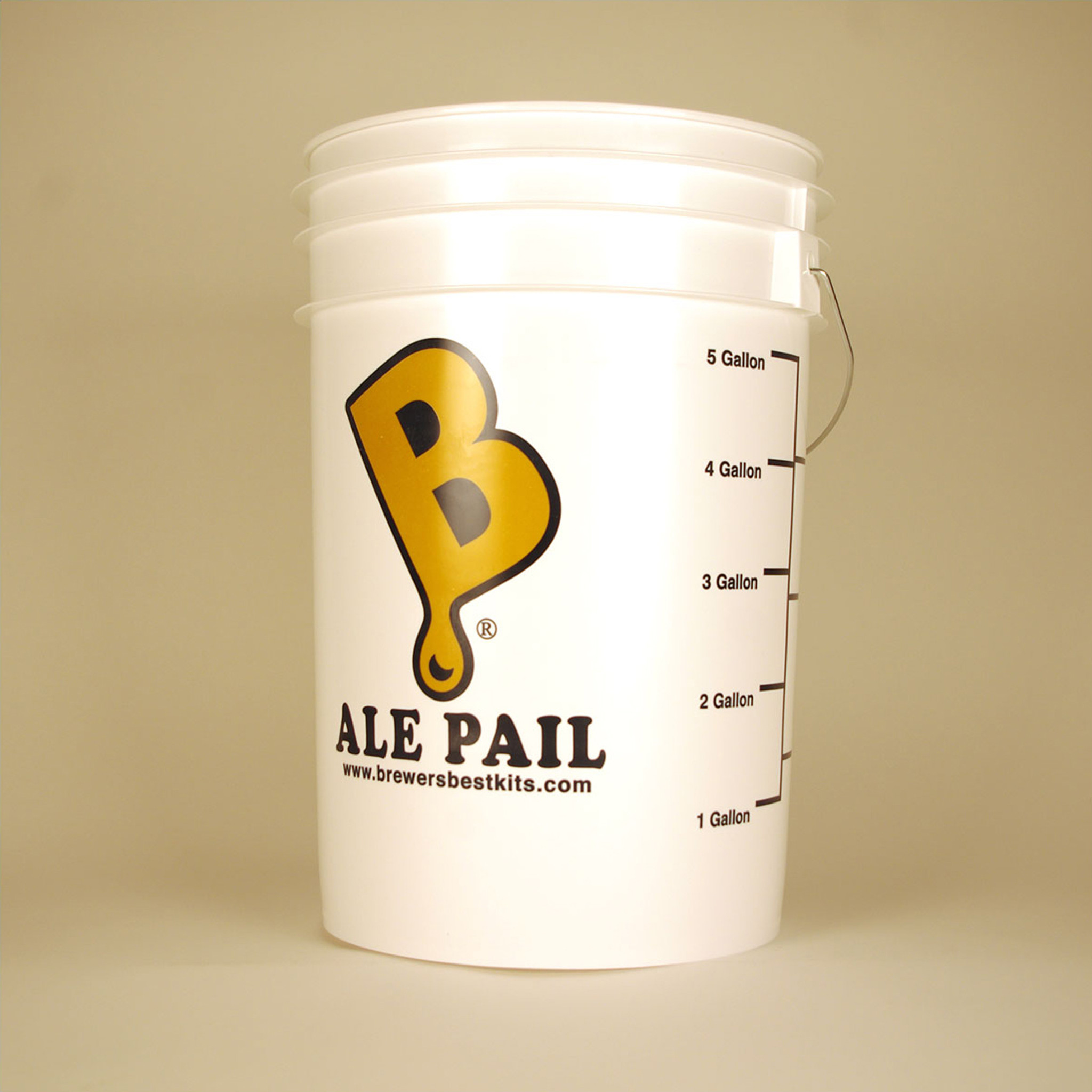
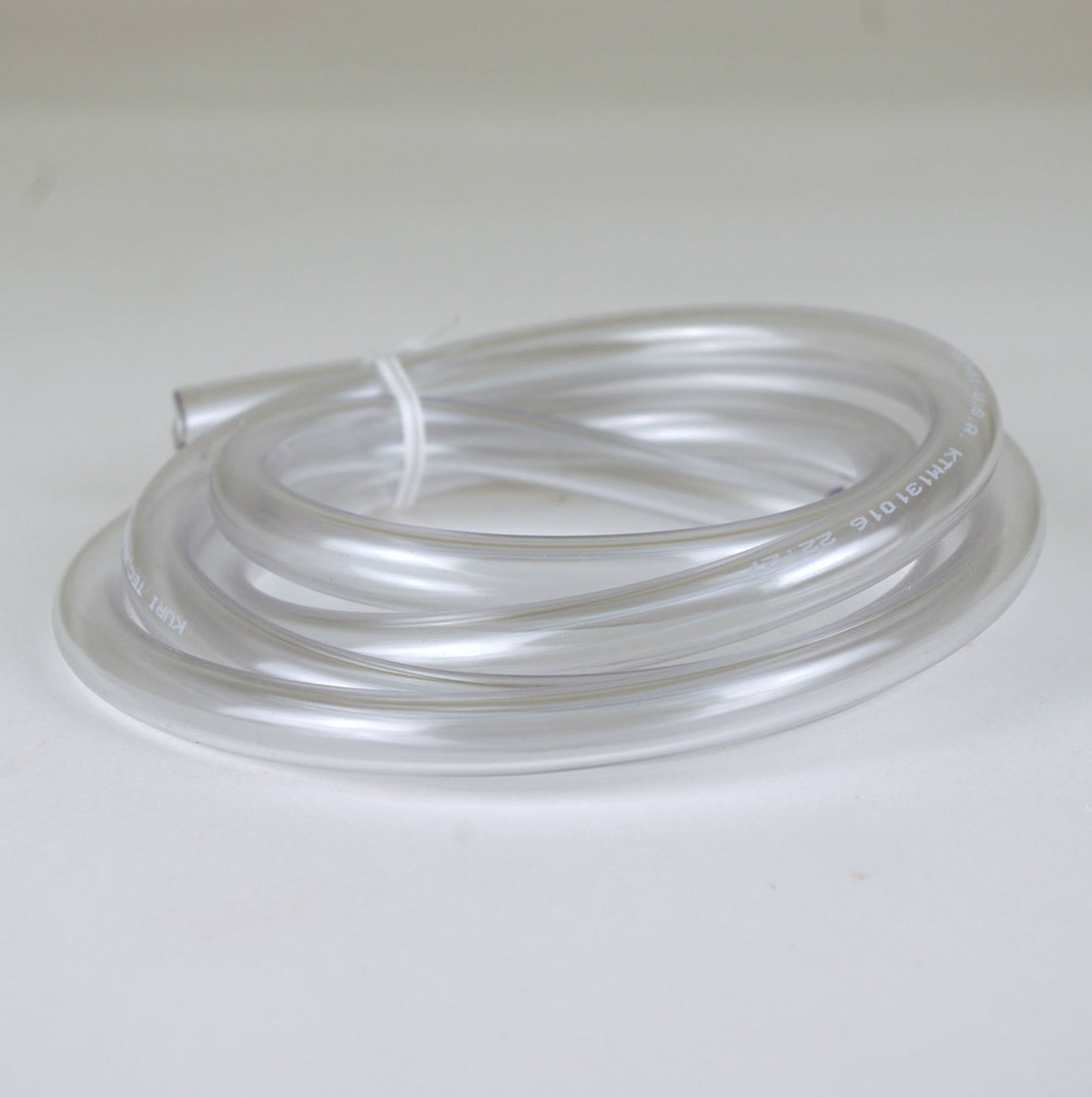 Hoses
Hoses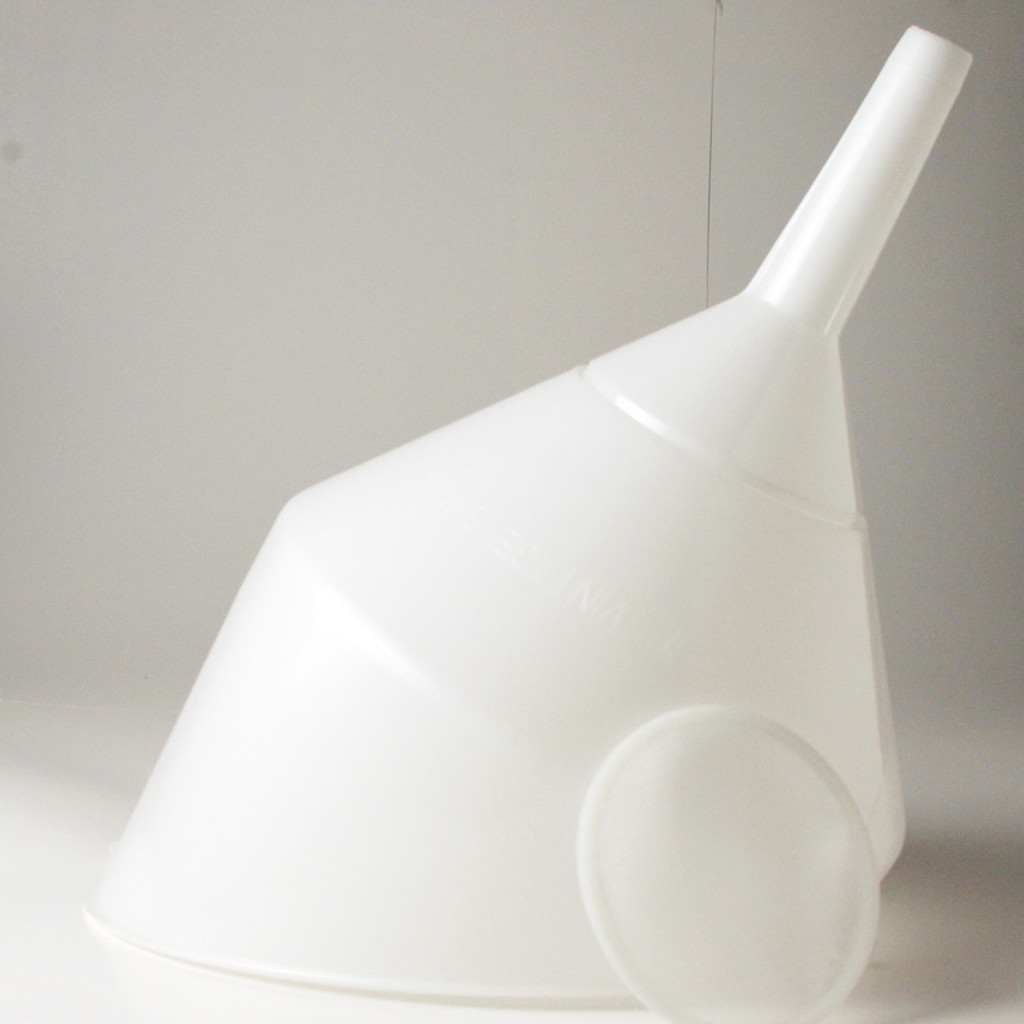 Funnels
Funnels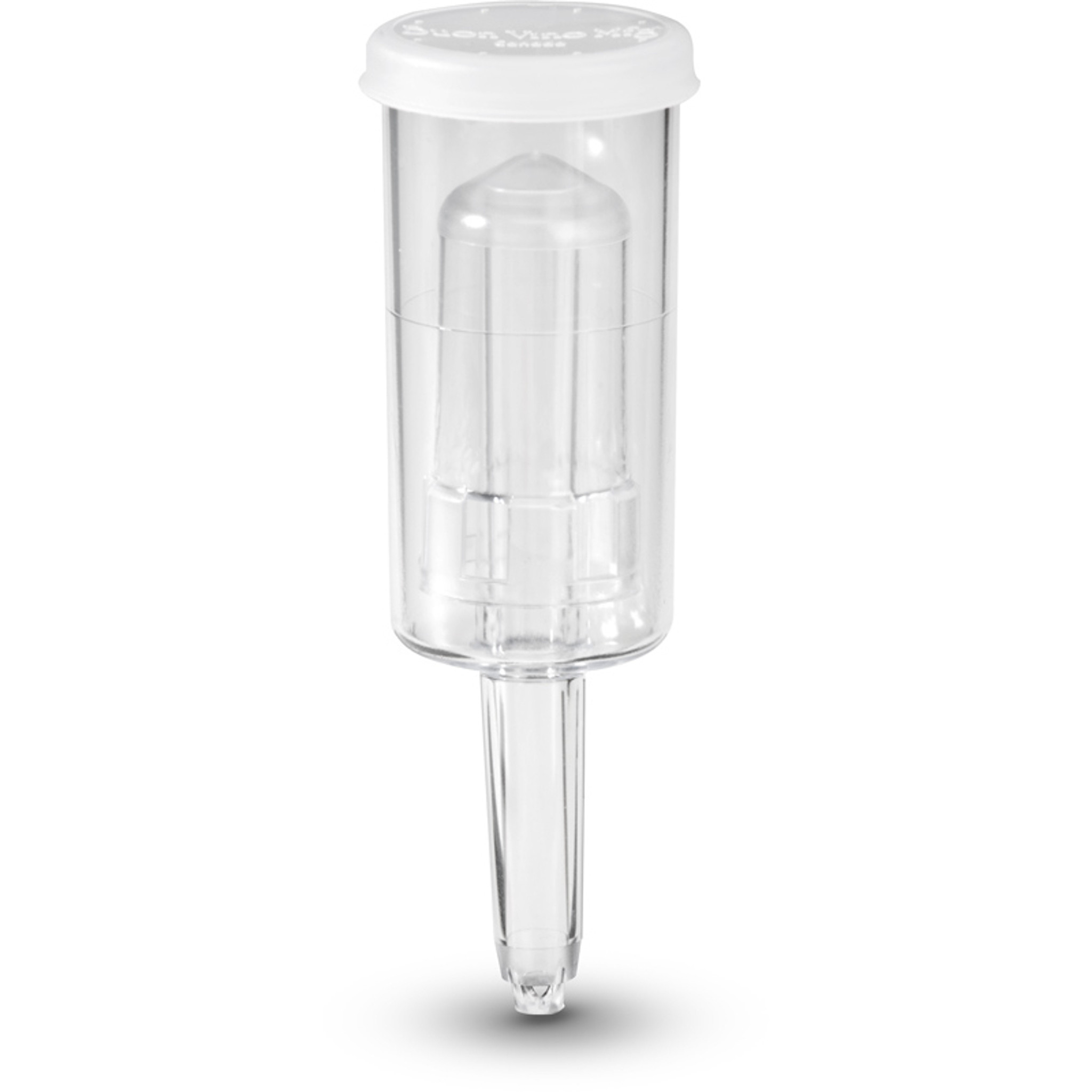 Airlocks
Airlocks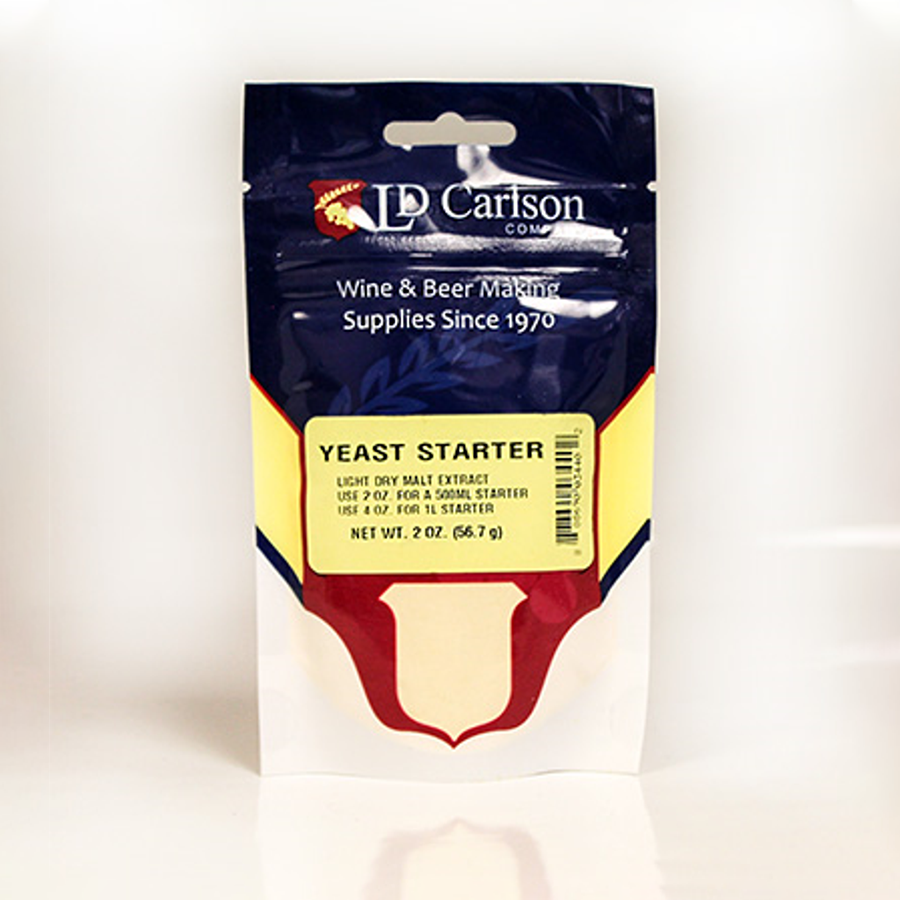 Yeast Starters
Yeast Starters



